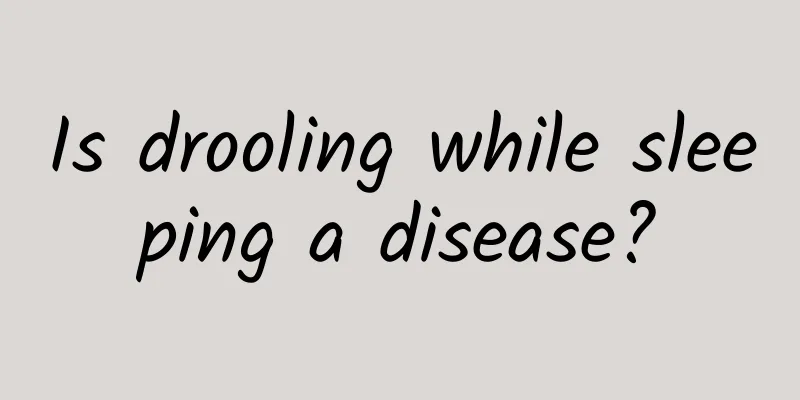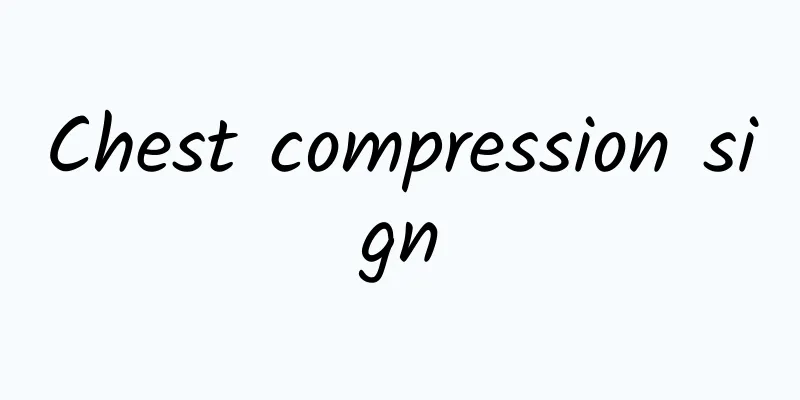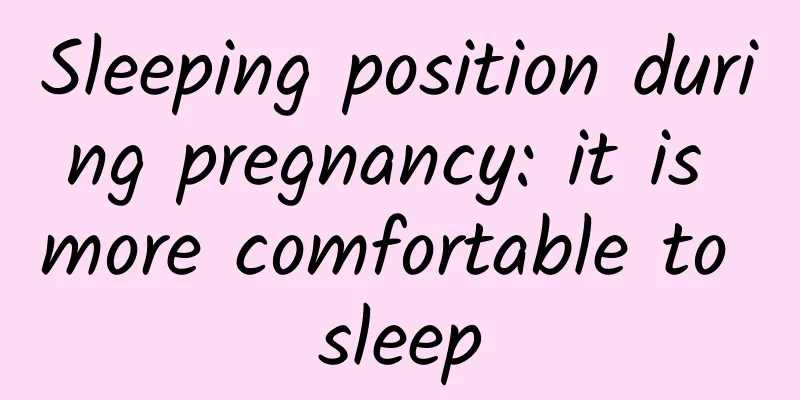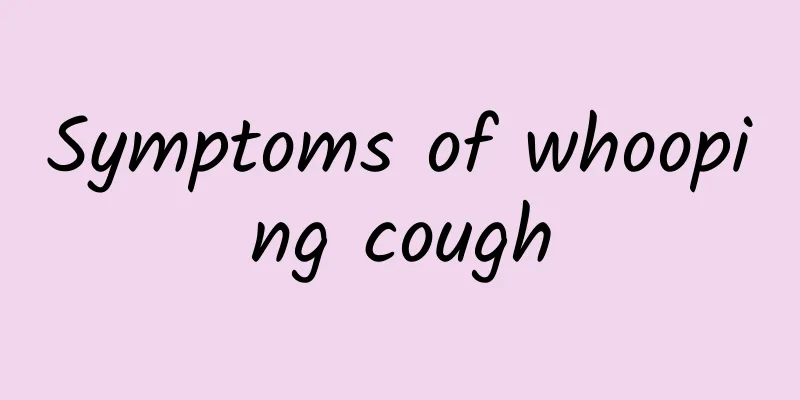Is drooling while sleeping a disease?

|
In real life, most people drool when they sleep. The general reason for drooling when sleeping may be due to lying on one's stomach or incorrect sleeping posture. It may also be caused by a weak spleen or physical illness. Oral inflammation or oral ulcers can also cause drooling. 1. Signs of stroke If you suddenly start drooling while sleeping and then smile at the mirror after waking up in the morning, and if you have symptoms such as crooked mouth or headache, then the possibility of a stroke is relatively high. Correct approach: Do not take this situation lightly and go to the hospital immediately for relevant examinations to prevent it from happening. 2. Arteriosclerosis Arteriosclerosis can lead to ischemia and hypoxia in the brain and muscles, causing relaxation of the facial muscles; coupled with the weakened swallowing ability of the elderly, it can lead to drooling while sleeping. If an elderly person often drools while sleeping, even if he or she does not have symptoms such as crooked mouth corners or loose eyes, he or she should go to the hospital for examination as soon as possible. Correct approach: Focus on checking whether you have high blood pressure, high blood lipids and high blood sugar. 3. Nervous disorders When people overuse their brains, are extremely tired, or take certain medications, it can cause autonomic dysfunction. The parasympathetic nerves may become abnormally excited during sleep, causing the brain to send erroneous signals, thus causing drooling. Correct approach: In this situation, you should get more rest, adjust your physical and mental state properly, and avoid various diseases caused by decreased immunity. 4. Facial neuritis: After the face is exposed to cold, wind or cold, you may experience drooling while sleeping. This type of patients often also have symptoms such as incomplete eye closure and crooked mouth corners. Facial neuritis: Facial nerve paralysis (facial neuritis, Bell's palsy, commonly known as "facial paralysis", "crooked mouth", "hanging wire wind"), is a common disease characterized by motor dysfunction of facial expression muscles. The common symptoms are facial paralysis. It is a common and frequently occurring disease that is not limited by age. Patients are often unable to complete even the most basic movements such as raising eyebrows, closing eyes, and puffing lips. Correct approach: Treatment should be started early. In the early stage, the main focus is on improving local blood circulation and eliminating inflammation and edema of the facial nerve. In the later stage, the main treatment principle is to promote the recovery of nerve function. |
<<: How to treat difficulty falling asleep?
>>: What to do if you have stomach flu and vomiting?
Recommend
What can ECG and color Doppler ultrasound detect?
The heart plays the role of hematopoiesis and blo...
What medicine can cure leucorrhea with odor quickly?
If the leucorrhea has an odor, it means that ther...
Indications of moxibustion therapy
I have always felt that traditional Chinese medic...
What is the disease of back pain, leg pain and foot numbness?
Generally, numbness is caused by compression of n...
What are the methods of TCM treatment for aplastic anemia?
Aplastic anemia is a hematopoietic dysfunction. I...
How serious are the side effects of hyaluronic acid?
Everyone loves beauty. Everyone wants to have a p...
What are some tips for dealing with the fear of not being able to sleep at night?
People need to get enough sleep every day to have...
I want to vomit and there is acid in my mouth
In daily life, I believe many people have experie...
Diet after gastric polyp
If gastric polyps affect the patient's health...
What is high folic acid?
Everyone knows that folic acid is a nutrient that...
I have been having back pain lately. Is it because I am pregnant?
Lower back pain may be a symptom of pregnancy, or...
Dense red spots on the back of the hand
If there are dense red spots on the back of your ...
Why is a woman’s first urine in the morning turbid?
The color of urine can reflect the health status ...
Symptoms of a fractured wrist
The factors that lead to wrist fractures are very...
Analysis of symptoms of rheumatism in traditional Chinese medicine
Our country has a vast territory. Throughout hist...









